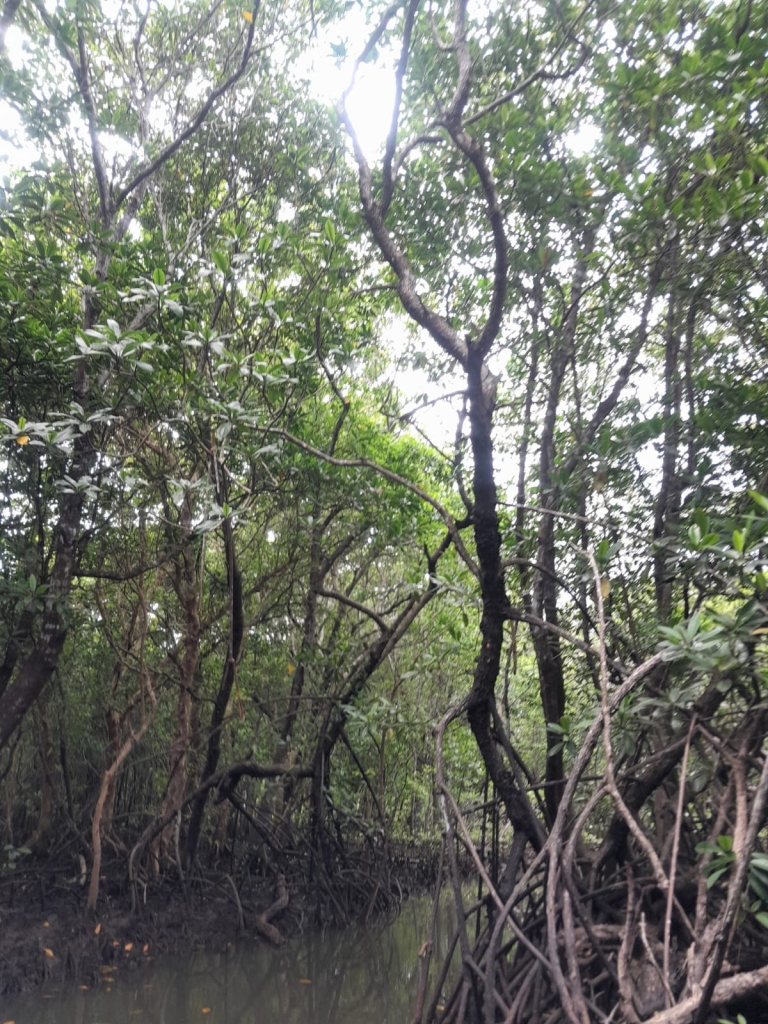
2 November 2024, Suva Fiji - A blue carbon assessment to improve the conservation and management of local seagrass and mangroves, began in the Rewa province, last week.
The assessment is being carried out by the Management and Conservation of Blue Carbon Ecosystems (MACBLUE) project who have been conducting field surveys at selected sites to measure blue carbon stocks and emissions.
The data collected will allow inventories of associated natural capital and will support government partners to develop and implement conservation, management, and rehabilitation efforts.
MACBLUE Project Coordinator, Ms Turang Teuea, said the assessment focuses on mangroves and seagrass ecosystems and will support partner countries with their Nationally Determined Contributions (NDCs).
“The assessment will also involve the identification of threats and key plant species integrated with spatial and non-spatial data to provide a more complete biodiversity assessment,” said Ms Teuea.
“At the end of this blue carbon assessments, we hope that partner countries will have better data to support policy decision-making and national reporting. We will also co-develop a blue carbon training manual with our partners and hold capacity-building workshops to strengthen local capacity in blue carbon stock assessments.”

Around the Pacific, blue carbon ecosystems consist of mangroves, seagrass and salt marshes and are highly effective in storing carbon.
During the recent Commonwealth Heads of Government Meeting (CHOGM) in Samoa, parties through the Apia Commonwealth Ocean Declaration recognised the importance of blue carbon ecosystems in climate change mitigation.
They committed to its protection and restoration as part of national strategies and sustainable coastal management plans.
The MACBLUE project is jointly implemented by the Secretariat of the Pacific Regional Environment Programme (SPREP), the Pacific Community (SPC) and the Deutsche Gesellschaft für internationale Zusammenarbeit GmbH (GIZ) in close cooperation with their four partner governments, Fiji, Papua New Guinea, Vanuatu and the Solomon Islands.
The project is funded by the German Federal Ministry for Environment, Nature Conservation, Nuclear Safety and Consumer Protection (BMUV) through its International Climate Initiative (IKI).